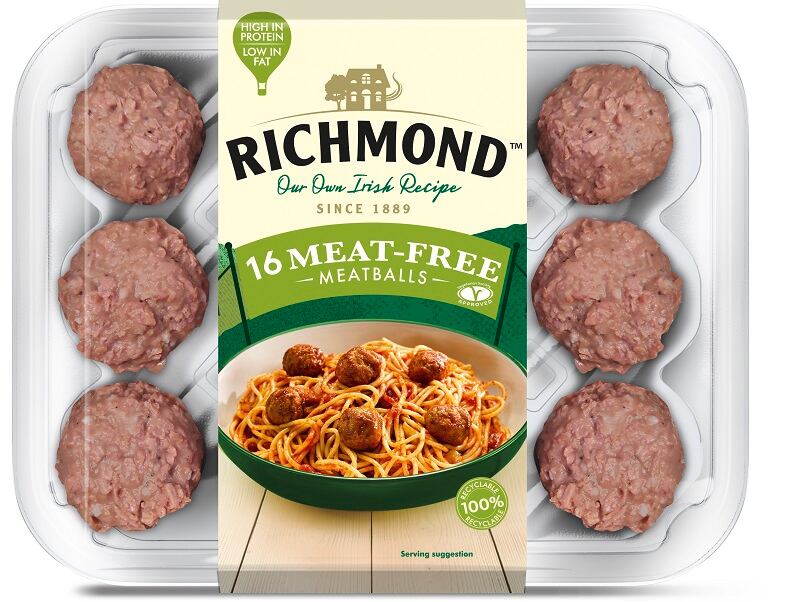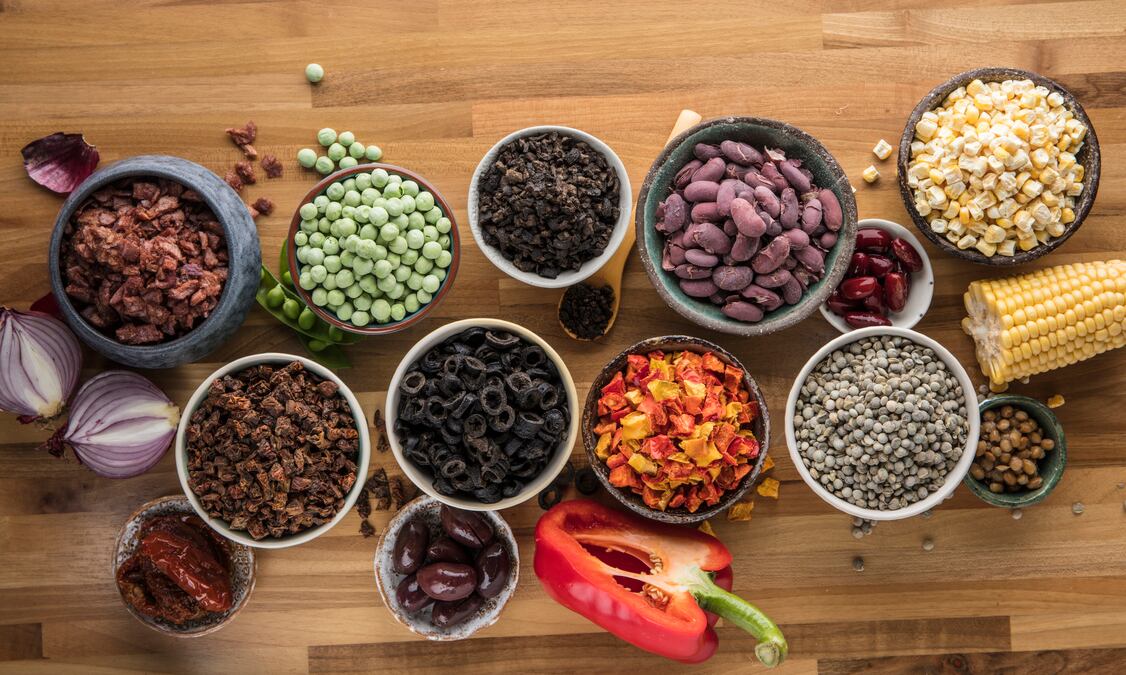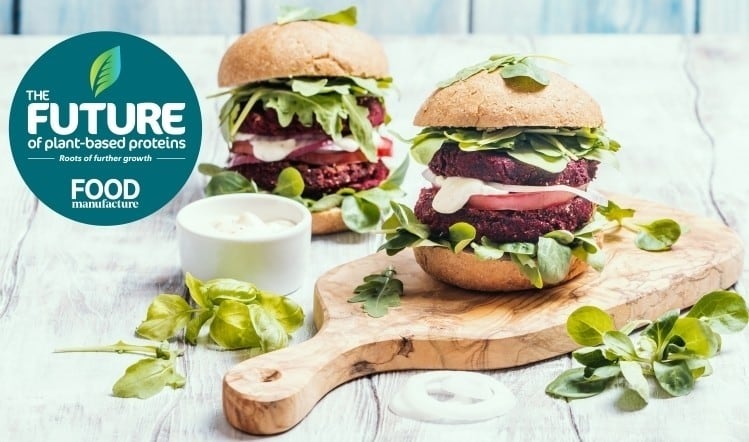Sausage brand Richmond has announced the expansion of its meat-free range with the launch of Richmond Meat-Free Mince and Richmond Meat-Free Meatballs. The new products are available in Asda now and will be launching in Sainsbury’s stores on 21 April.

Both launches have been designed to mimic the taste and texture of beef and are mildly seasoned to ensure they appeal to adults and children. Richmond Meat-Free Mince and Richmond Meat-Free Meatballs are Vegan & Vegetarian Society approved and are available in family-sized packs at 335g and 352g respectively.
Richmond, which first launched into the meat-free sector late in 2019 and is part of Kerry Foods said the category was now worth £534m, up 30% compared to 2019 (IRI 52 w/e 1st November 2020).
“We know the meat-free market is booming but we’re seeing a real opportunity for growth in shoppers who are looking for affordable, delicious meat-free food to slot into family favourites - that they know will result in clean plates all round,” said Victoria Southern, marketing and category director at Kerry Foods. "We know what’s most important to families is food that looks and tastes great and caters to everyone.
Plant-based protein conference
Delegates will hear about a range of plant-based trends and the challenges facing manufacturers in the market at Food Manufacture's B2B conference The future of plant-based proteins: roots of further growth on 31 March.
Speakers include representatives from Marks & Spencer, Tyson Foods, Meatless Farm, Mintel, Algenuity, Winterbotham Darby, Campden BRI and the British Nutrition Foundation. The conference is primarily aimed at operations managers, technical managers, new product development managers and senior business leaders within food and drink manufacturing businesses.
The event, which is sponsored by Radicle, Roquette and Loma Linda Tuno and supported by Cargill, Fimenich, Ingredion, Mane and Symrise begins at 0930 GMT and concludes at 1515. It is conveniently divided into five sessions examining different themes.
Session one examines global trends, session two looks at processing and production issues, session two considers plant-based factory and production issues, session three covers supplier-retailer relations, session four tackles plant-based ingredients sourcing and functionality and session five focuses on nutrition.
Each session features presentations and/or live Q&As. Networking sessions are held in between to allow delegates to make contact with each other.
Tickets are £125+VAT. For further information and to reserve your place, visit the event website or contact Rebecca George at rebecca.george@wrbm.com.

Freeze dried ingredient specialist European Freeze Dry, which provides diverse freeze dried ingredients to the food and beverage sector, has expanded its vegan freeze dried meal range to include couscous based dishes and a vegan bolognaise.
The launch follows the development of two new meat alternatives, vegan chicken and vegan mince, in addition to freeze dried jackfruit which was launched earlier this year.
Diana Morris, country manager for European Freeze Dry, said: “The vegan market is rapidly expanding as more people are seeing the benefits of following a plant-based diet. What we’ve noticed is that not everyone is necessarily looking to make the transition to a full vegan lifestyle, but some may instead prefer one or two meat and dairy free days a week.
“Therefore, the need for plant-based meals and snacks that are quick and easy to access and prepare is growing, as is reflected in the demand from our customers.
“It’s important for vegan meals to be fully-rounded, containing balanced ingredients that are healthy and tasty. Using alternatives, for example coconut milk instead of cream, we’re able to offer vegan versions of classic favourites, working closely with our customers to provide solutions to their requirements – from initial concept right through to final sign off.”
Alternative meat, eggs, dairy, and seafood market
The market for alternative meat, eggs, dairy, and seafood products is set to reach at least $290bn by 2035, as consumers drive unparalleled growth in plant-, microorganism-, and animal-cell-based alternatives. That's according to a new report by Boston Consulting Group (BCG) and Blue Horizon Corporation (BHC).
The report, titled Food for Thought: The Protein Transformation, predicts that the market for alternative proteins will grow from the current 13 million tonnes a year to 97 million tonnes by 2035. At that point it would make up 11% of the overall protein market, the report claims.
Faster technological innovation and full regulatory support could speed growth to 22% of the market by 2035. At that rate, Europe and North America would reach 'peak meat' by 2025, and the consumption of animal protein there would begin to decline, the report forecasts.
"Alternative proteins could soon match animal protein in taste, texture, and price," said Benjamin Morach, a BCG managing director and partner. "We expect parity to spur a new wave of growth, catapulting what is a fairly nascent market today into the mainstream, yielding significant environmental benefits, and facilitating even faster growth."
'Parity' is key
While the environmental and food security benefits are encouraging, the key to consumer acceptance of plant-based foods is parity, the report suggests. Alternative proteins must taste and feel as good as the conventional foods they replace and cost either the same or less.
According to the research, this would happen in three stages, with dates varying to some degree depending on the source of alternative proteins and the products they aim to replace:
- Plant-based alternatives such as burgers, dairy, and egg substitutes made from soy, pea, and other proteins would achieve parity in 2023, if not sooner.
- Alternative proteins made from microorganisms like fungi, yeasts, and single-celled algae would reach parity by 2025.
- Alternatives grown directly from animal cells would reach parity by 2032.

